

When Hatred made its first public appearance, it became immediately clear that the title was going to become a serious talking point in the video game sphere. The game was born out of notoriety, finding an audience through the extreme backlash to its content. After all, its initial release trailer was criticized for offering little more than a massacre simulator, prompting Epic Games to ask for the Unreal logo to be removed from promotional material.
Since then, Hatred has been perpetually on the merry-go-round of the censorship versus free speech debate. Valve pulled the game from the Steam Greenlight process whilst the title was riding high in the Greenlight rankings, prompting advocates to claim that developer Destructive Creations was being stifled by outside influences. Eventually, the title saw a return to the distribution service, after Gabe Newell brought Hatred back to Steam.
It’s said that no publicity is bad publicity, and Hatred has certainly found a home through its promise of brutal violence and an anti-art, anti-politics sentiment. The title may have been refused release on Good Old Games, but Hatred has already grown fat off backers and initial sales. The question is, however, whether the title itself offers anything to gamers outside of the backlash and counter-backlash of its provocative pre-release.
Destructive Creations has always maintained that Hatred is a game removed from art, offering up a chaotic gameplay experience without any subtext or theme. Unfortunately, those looking solely for thrilling video game are going to find Hatred is quite empty. The title plays like a twin-stick shooter, but with awkward, twitchy controls that are bound to frustrate.
What’s more, Hatred offers little more beyond an extended Kill Frenzy from the original, top-down Grand Theft Auto titles. Players shoot through stages including a moving train, an area of downtown NYC, and (obviously) a sewer system, and are given a number of objectives to complete. These objectives eventually boil down down to having to kill NPCs, whether directly targeting unarmed civilians or fighting squads of police or military personnel.
For all the discussion of Hatred as a murder simulator, players may be surprised to find how much play time is given to fighting armed enemies. Although levels will often start with an arbitrary quota of innocent people to butcher, this will inevitably alert an armed response. At its core, Hatred turns into the most bog-standard of all video game types: a man with a gun fights other men with guns, resulting in blood and explosions.
Indeed, the last two levels of the game – taking place on a military base and in a nuclear power plant respectively – revolve almost entirely around shooting armed combatants, with a few NPCs unable to fight back thrown into the mix. This decision is perhaps due to how awkward the gameplay feels when there is no danger to counteract or ‘enemy’ to overcome, as the homicidal aspect of Hatred straddles an awful middle ground between being incredibly disturbing and outright boring.
The title has more problems than this fundamental flaw, however, as Hatred suffers from the occasional frustrating bug. The player’s movement can sometimes be hindered through barely visible in-game objects, which is often debris remaining from the game’s destructive environments. ‘The Crusader’, as the player-character is dubbed, may blow a hole in the wall of a building, but his feet may apparently get stuck on some of the rubble left behind.
Overall, however, the game’s destruction mechanics are fairly impressive. Players will find themselves able to crash through scenery using the (admittedly touchy) driving controls, whilst grenade and molotov cocktail use will also cause damage to the surroundings. The fire itself is also visually appealing, with patches of color bursting from Hatred’s normally monotone art style akin to the Platinum Games-developed MadWorld.
Indeed, Hatred’s graphics are far and away the most impressive aspect of the title. Neon signs, vicious explosions, and morbid patches of blood stand out against the black-and-white world, and the blue and red of police lights flickers ever-present. It gives the title a grimy, gritty feel, similar to the seminal Belgian mockumentary Man Bites Dog.
Unfortunately, the game offers none of the subtlety or meaning required to pull off any kind of lasting impression. In fact, Hatred fails to give an entertaining enough gameplay experience to forgive the lack of depth on display. For all the talk of the title being solely gameplay-focused, Hatred instead feels like a repetitive chore, whilst the lack of checkpoints and occasional moments of ungainly bullet hell lead to a frustrating player experience.
So, instead, players have to turn towards the reasons behind Hatred’s existence, and the kernel that led to the creation of the title. Although Destructive Creations claims that its game is free of any political leaning, there is a huge anti-establishment theme running through Hatred, and not only through the excessive violence and overused expletives that litter the game’s script. The plot directs the player into situations where authority must be destroyed, assassinating politicians and killing wave upon wave of police and soldiers.
In spite of this, Hatred is anything but transgressive, offering little that had not already been achieved with 1997’s Postal, and leaving behind the cartoonish satire that the series provided. Playing as a villain has been part of video games for decades, and even games with a larger budget have offered players moments where large-scale massacres can take place. Modern Warfare 2 had the notorious ‘No Russian’ mission, whilst Spec Ops: The Line had the player committing war crimes, as part of a plot that became a dark critique of what impact a video game hero may have in a complex situation.
Hatred may not have attempted to be the Funny Games of the video game world, but at the same time it fails to find the silly, satirical ground needed to succeed with mass violence as its only selling point. ‘The Crusader’ is nowhere near the calibre of Vice City’s Tommy Vercetti, instead coming off as an angst-ridden Duke Nukem, offering one-liners such as “only my weapon understands me” and “sometimes I think I kill them too fast.” The end result is awkward laughter, and a goofiness that is hard to read as satire.
In the end, Hatred severely struggles to find any kind of quality, or even a voice of its own. It may look like Sin City, but there is little stylish about the title, lacking the sleaze of Hotline Miami or the snuff-esque grindhouse of Manhunt. When the context and controversy of Hatred is stripped away, players are left with an off-putting and boring shooter, offering little but a sense of unease and repetitive gameplay.
Hatred is out now for PC. Game Rant was provided with a PC code for the game.
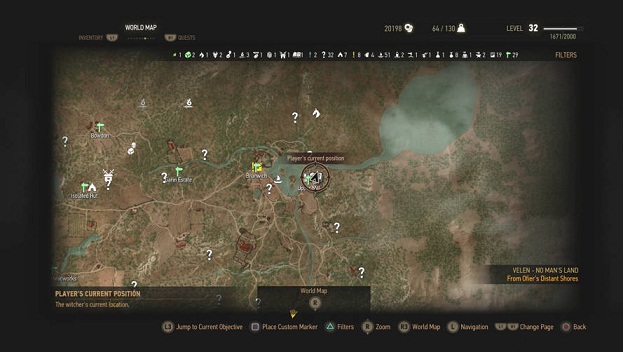
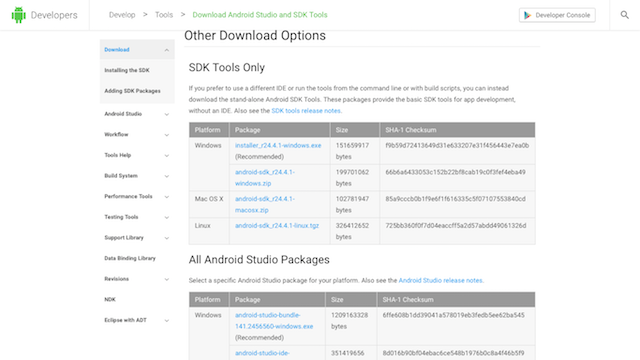
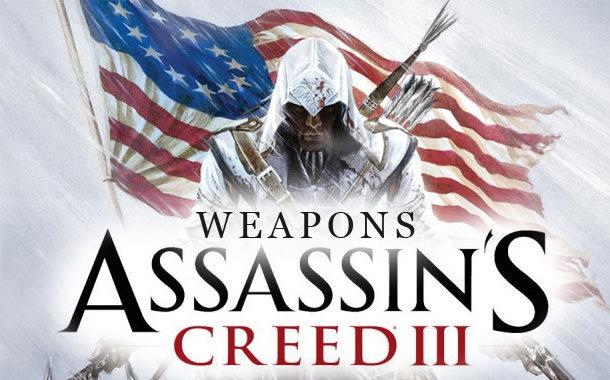

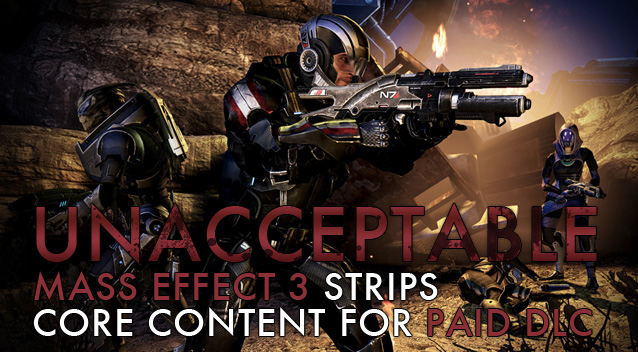 Unacceptable: Mass Effect 3 Strips Core Content for Paid DLC
Unacceptable: Mass Effect 3 Strips Core Content for Paid DLC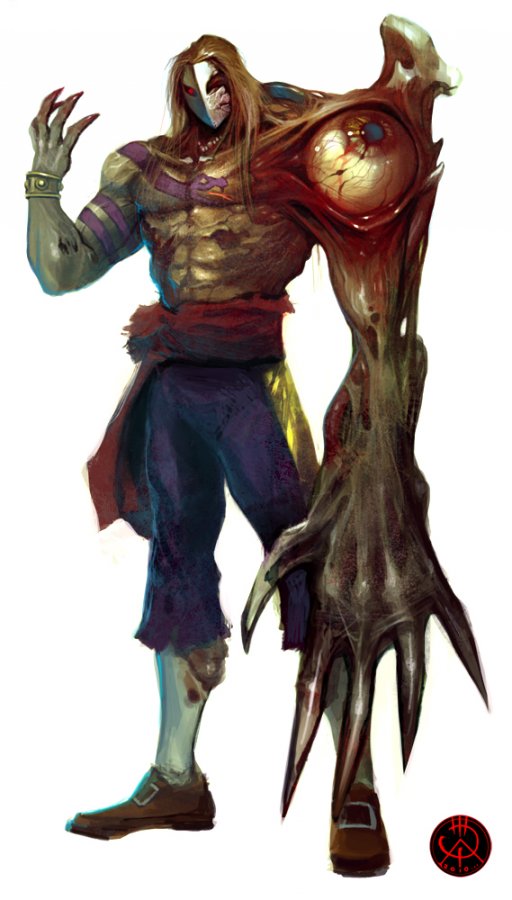 Street Fighter Characters as Zombies
Street Fighter Characters as Zombies Star Wars Battlefront: How to Play Luke Skywalker
Star Wars Battlefront: How to Play Luke Skywalker Worth It: Fifth Harmony share new track
Worth It: Fifth Harmony share new track Rise of the Tomb Raider Guide - How to Fast Travel
Rise of the Tomb Raider Guide - How to Fast Travel